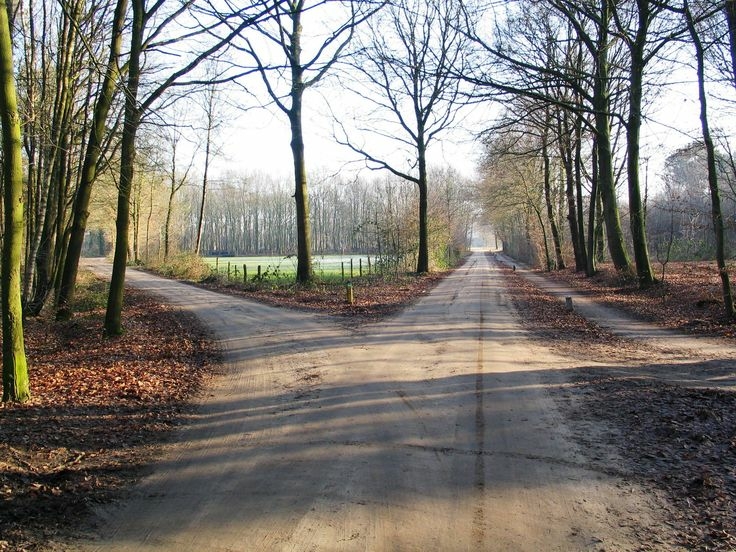JAM or Fabrique: what should be the most fitting internship to me? The last 4 months I have been focussing on finding and choosing an internship. Which companies do I like? What do I want to learn from an internship? What are my capabilities? Which projects should I show in my portfolio? How do I contact a company? How do I prepare an interview? What was the main reason again, why I wanted to follow an internship at this company? What can I offer companies and what do they offer me? And finally, if the opportunities are there: how do I choose my internship between the companies I am accepted to? Choices, when does it become easy? The last 23 years I have been the worst in making choices and I have been the best in doubting. Why are some choices that have impact on life so hard to make, and others are so easy?
A few years ago, I started to become vegetarian. It was an easy decision. In fact, I didn't really decide it myself. A friend and I discussed it, and he proposed to try it out for one month. I told my roommates about it and they decided to join. January 2014 was a try-out vegetarian month, what became a success. The eating habits suited me and I really had fun in being creative with food. Besides I enjoyed the dinners with my roommates. We cooked the new recipes together and shared our experiences of the daily life changes. After one month, they all decided to stop, but I continued.
The first month was the most difficult and we all experienced that. The first weeks were mostly focussed on telling every time again, why I wanted to become an vegetarian. Every time again the conversation was something like this:
"Oh, you do not eat meat anymore? Why did you decide to do so?"
"It should be better for the world when people eat less meat, because of ..."
"Ok, but how do you as a person make the difference?"
" And why do you still eat fish?"
"And by the way, this piece of meat here, is wasted anyway."
A really annoying conversation in which I strongly had the feeling I had to support my choice. It was an choice that had a lot of influence on my lifestyle and also on others. It was not hard to continue, though. I am still vegetarian an almost never craving for eating meat again.
I believe that two factors were playing a role in this decision. First of all, I believed from the inside that this was an good decision. This is always the best feeling I can have. The feeling was supported by a feeling of confidence, things I like and things I love. The vegetarian kitchen was something I was already a kind of used to. I already preferred an Moroccan Tajinne with vegetable better, than an French entre-cote. Besides this, the support of the others was something that motivated me. Sharing experiences and the feeling of 'doing it together' made me feel stronger.
To come back to the story I started with, about the long-way to find and choose for the right internship. This choosing process went a slightly different. Why did this happen over a longer term, compared with a lot of doubts? Because of the lack of the two important factors! The factors that motivated me during the decision of becoming a vegetarian, the feeling of confidence and the feeling of corporation, were missing here. It felt like I had to stand for myself and whether I could make a lot of wrong choices. It was something I did for the first time, of course I had this feeling!
To relate this to the subject 'sustainable behaviour', my point of view is that innovations should focus more on the 'feeling' of people that plays a role in the change to sustainable behaviour. The intangible word 'feeling' is something important every change or innovation, so also sustainable development innovations, have to deal with. The feeling of confidence and corporation are driving elements, that can make people their choices. The theme 'a confident and corporative feeling' could be the starting point for a innovative design to sustainable behaviour.
